YYYYMMDD >>> BACK HOME <<< >>> SELECTED FEATURES <<< >>> HIDDEN ARCHIVE <<<
[20211008]
CHAFLIERPLATZ by IVÁN ARGOTE at DORTMUNDER KUNSTVEREIN curated by REBEKKA SEUBERT [from 20210918 to 20211121]
[Photos: Jens Franke] [Courtesy: the artist, Dortmunder Kunstverein and Perrotin]
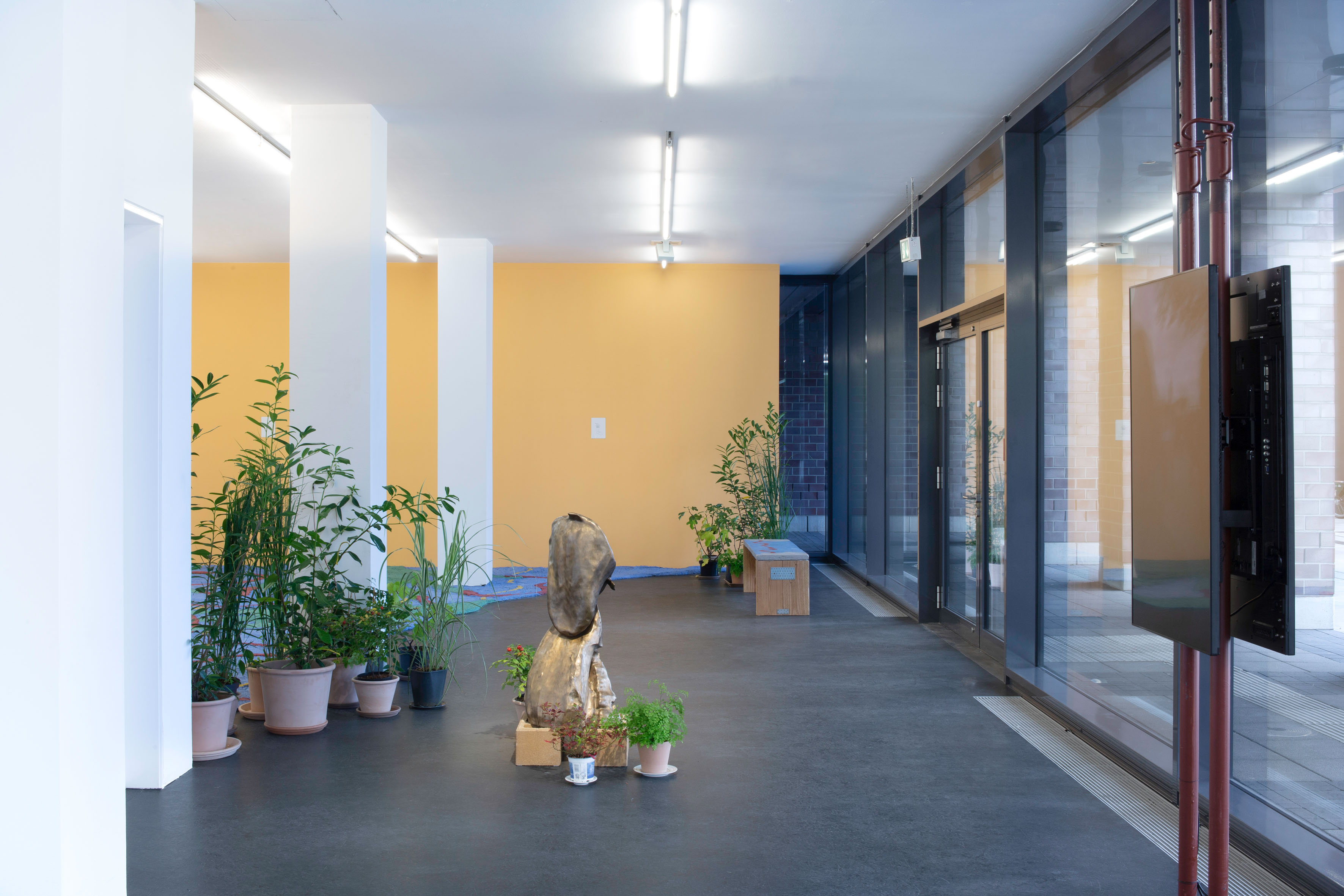
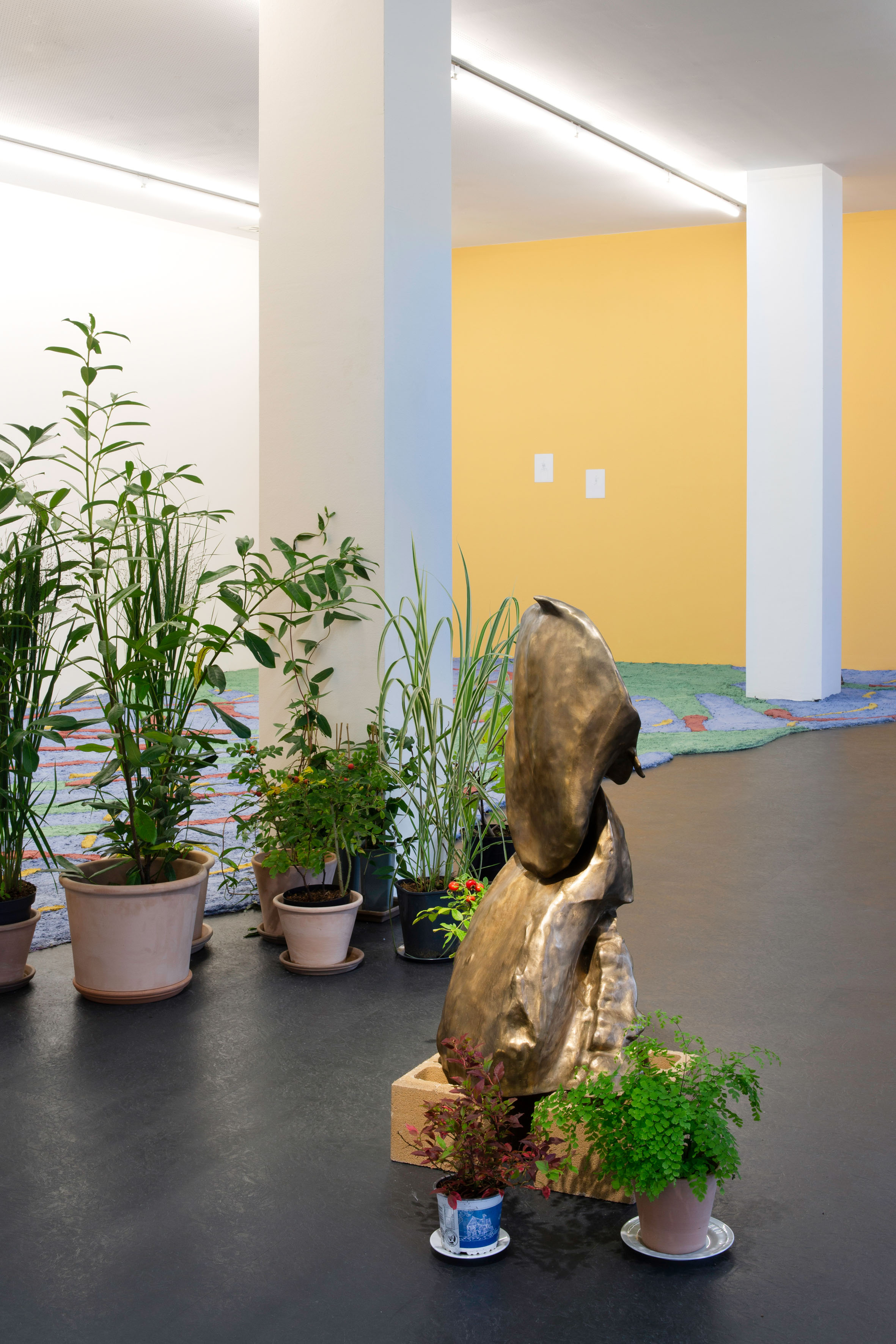
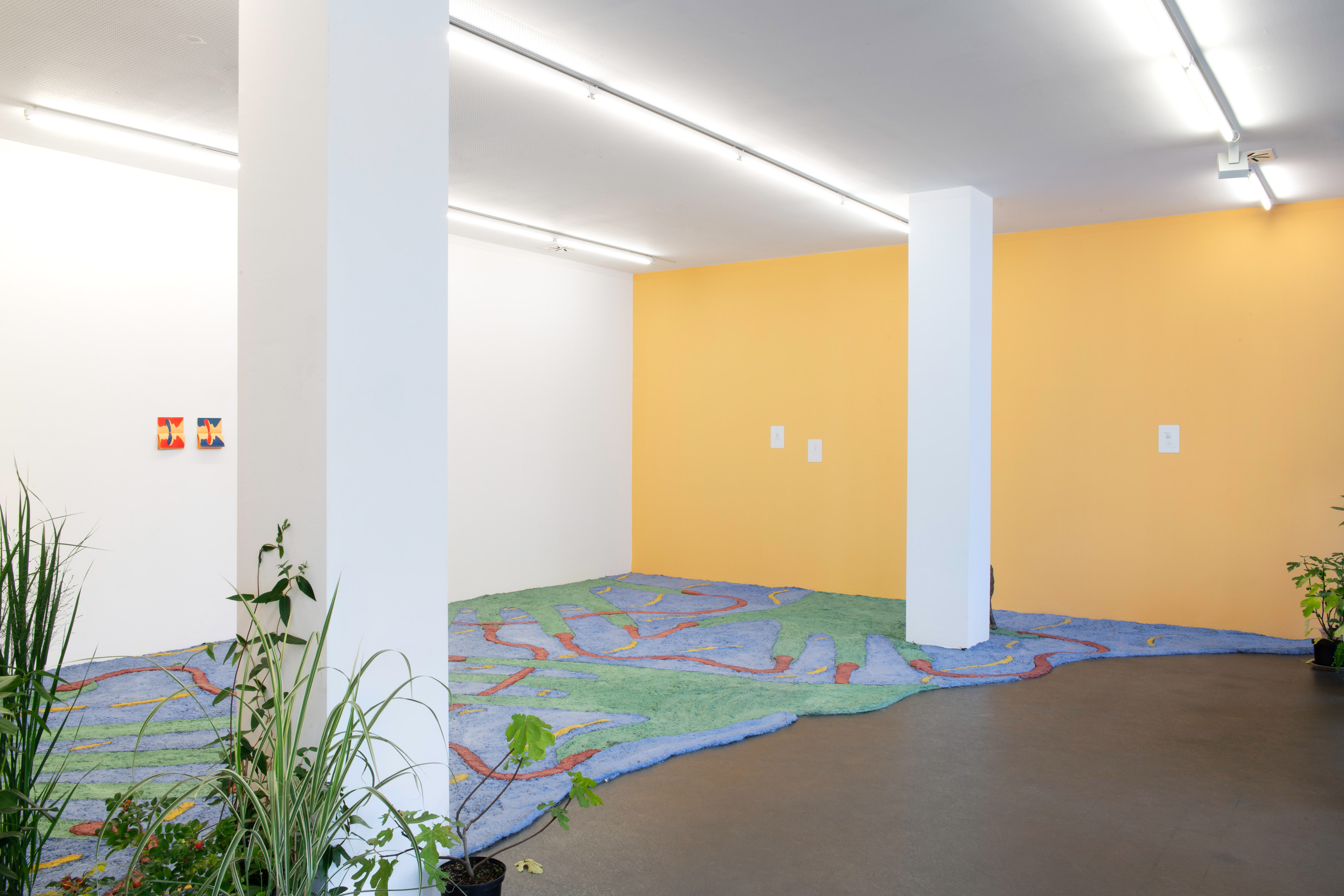
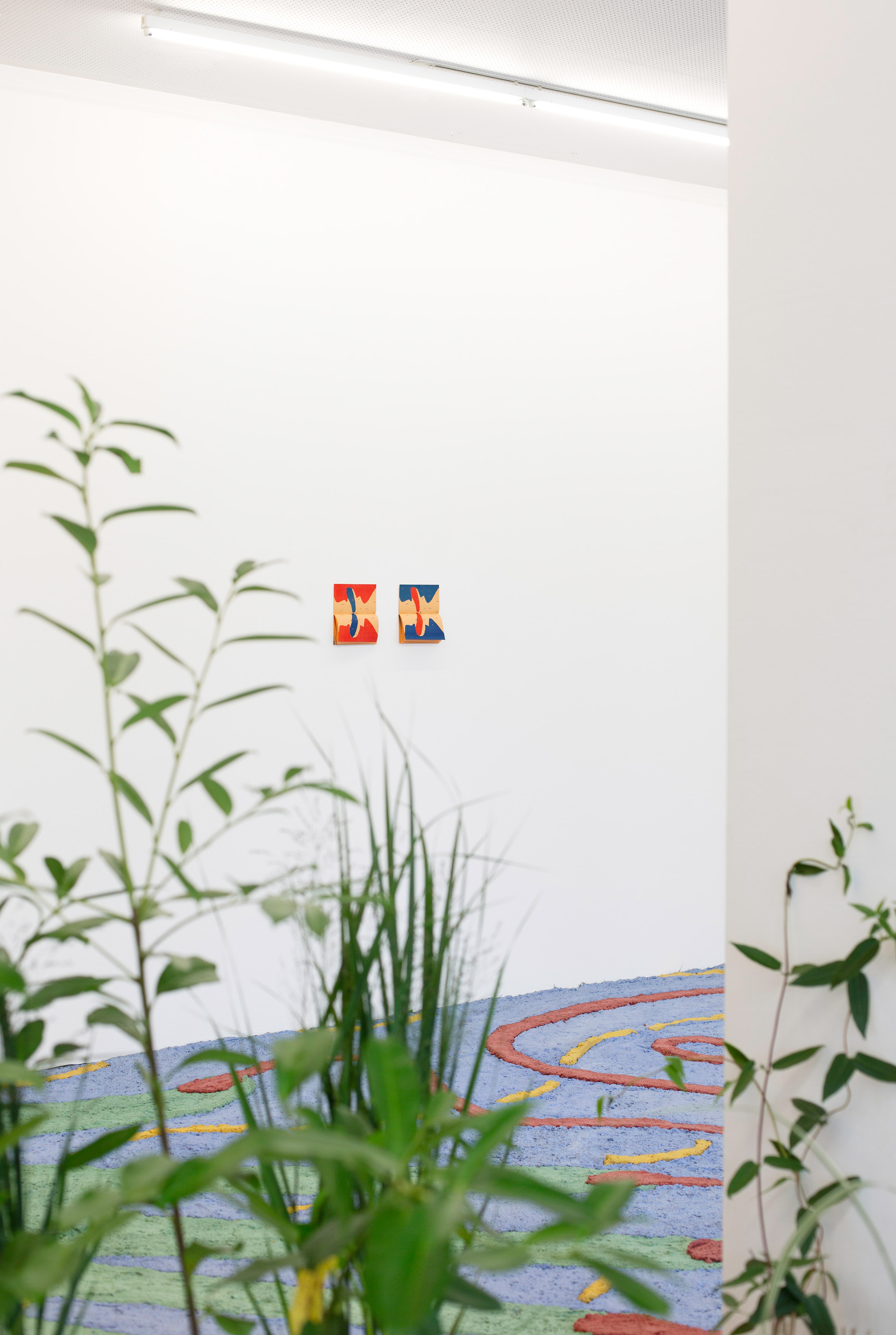


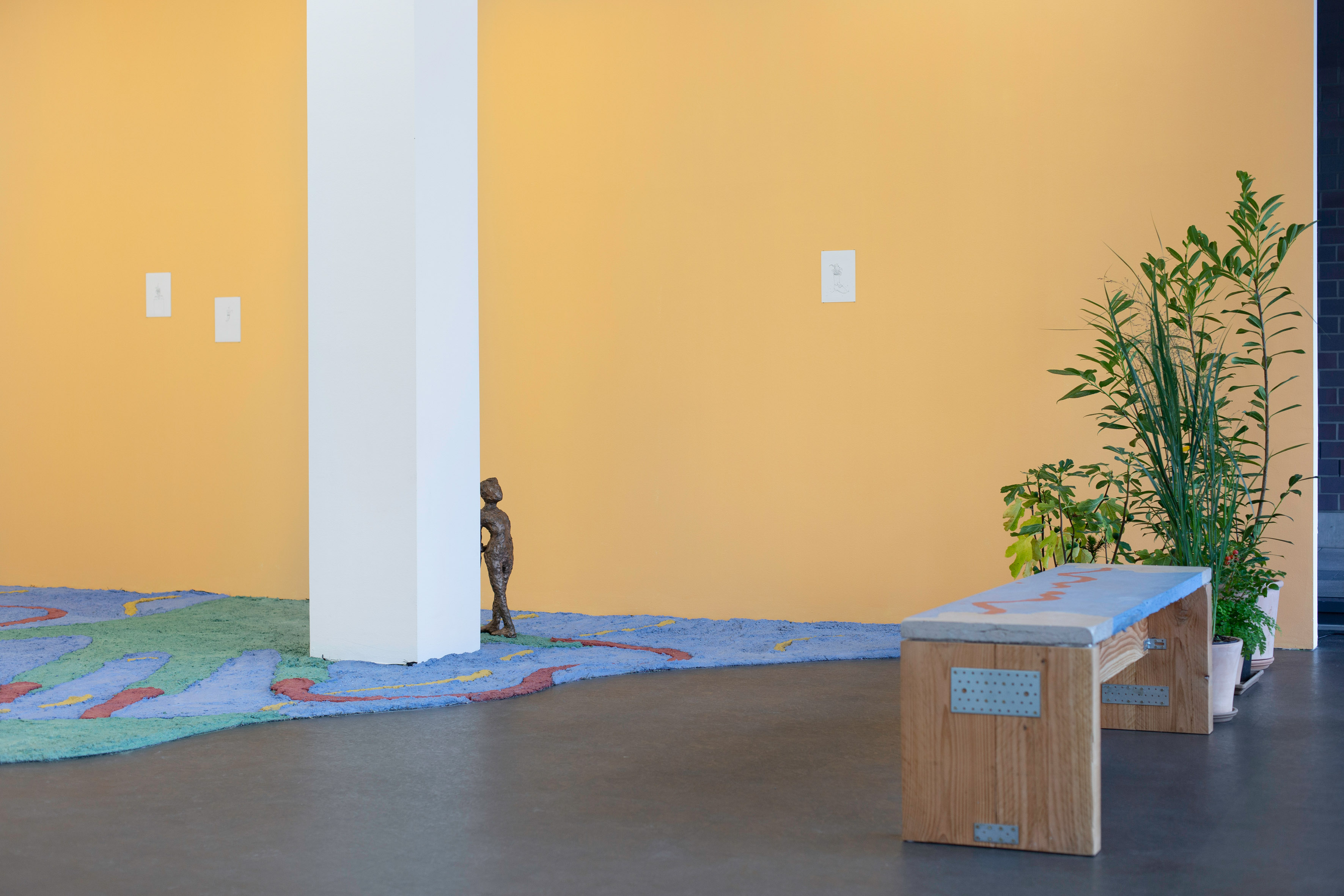







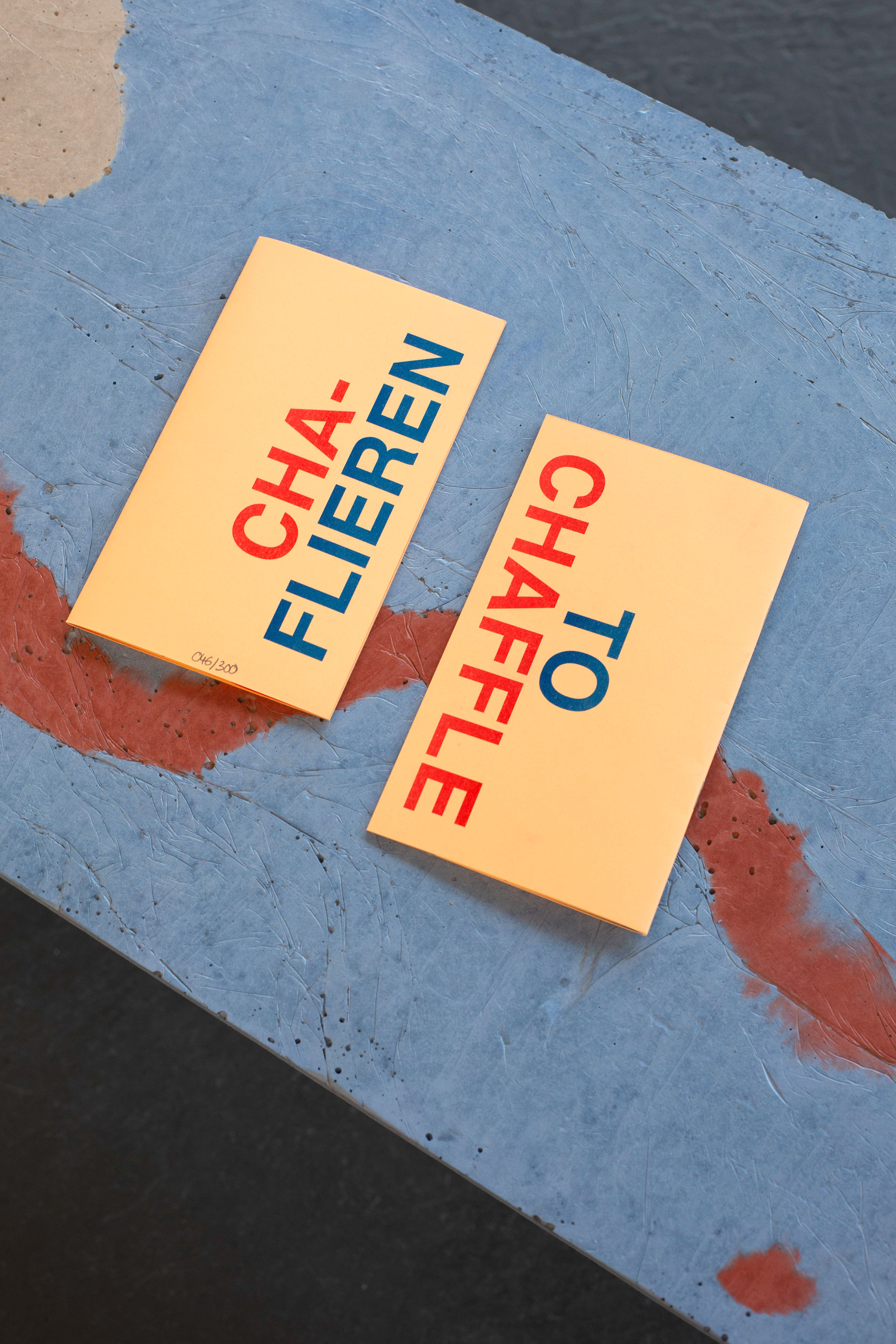


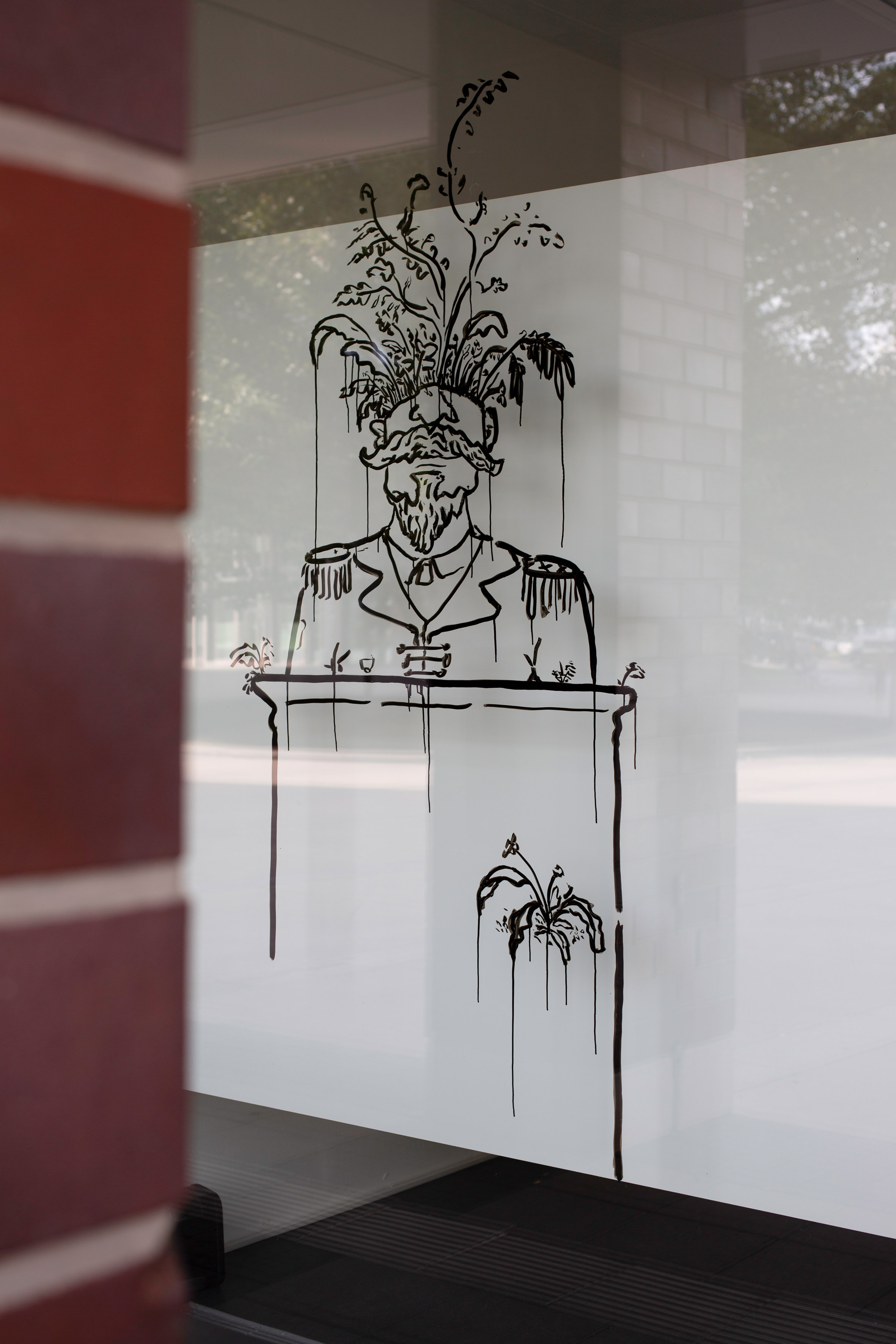
Chaflear (Spa. / Eng. to chaffle) is a neologism created as a protagonist for the new exhibition by Iván Argote at Dortmunder Kunstverein. Juxtaposing the surrounding public space with the new, imaginary Chaflierplatz (‘chaffling square’), the verb takes centre stage to be viewed from all sides like a sculpture.
‘Shall we chaffle?’ is an invitation to play, and it is extended not only in the exhibition itself but also on posters around the city centre. With this new verb the artist asks us to use public urban space imaginatively, and after the months in lockdown this should also be understood as a sporting challenge. Public space is a social and relational place governed by rules, connections and the activities that occur within it, and it is a place of inequality in so far as it isn’t claimed and made available by everyone for everyone – for it reflects social structures and hierarchies. In 1968 the French philosopher Henri Lefebvre therefore called for the ‘right to the city’, asking people to conceive urban space after the end of modern humanism as a place of encounter, celebration and play. ‘Why not oppose ephemeral cities to the eternal city, and movable centrality to stable centres?’
Argote’s video La plaza del chafleo (2019, 15' 6''), which gives the exhibition its title, consists of scenes narrated by the artist through various performance projects and traces of research. They all converge on the verb ‘to chaffle’, and make diverse reference to post-colonial global structures and urban disappointments, which are playfully dissolved. The locations are Douala (Cameroon), Buenos Aires (Argentina) and an artificial place in the studio.
The film explores approaches to action in public space that are also exemplarily realised in four video clips installed in the window facade. They aim to overcome the sense of foreignness of the ‘other’ with humour and affection. But the clips also show the ambivalence of overcoming boundaries, for example in ‘Altruism’, when the artist licks a grabpole in the Paris metro.
Argote’s work creates spaces of dialogue and investigates our relationship to the other on both an interpersonal level and in global, historical and geopolitical contexts. Humour and emotions are his subversive instruments of critiquing the political and social circumstances of a globalised world.
With his small bronze figures he cites the Eurocentric perspective on ‘people from the other side of the world’. Up to the modern period scientists were undecided about whether there could be people on the opposite side of the earth and what they would look like. And so the idea of ‘antipodes’ originated, that is, of people whose feet were attached to their bodies in such a way that they looked in one direction and walked in another. Argote assertively dismantles this racist idea with his antipodes in valuable bronze, who are portrayed as proud and cheerful in their physical singularity.
Chaflierplatz, which is brought to life in the exhibition as a possible place to live, consists of a playful floor sculpture in coloured concrete in which hands with four, six or five fingers are linked by their fingernails. The square contains benches and a selection of plants that would not otherwise by found in a single geographical location – but are sold side by side in today’s garden centres. The elements all focus on encounter and an experience of the other not as foreign but as an element within diversity. ‘The right to the city is against the nation; it contradicts the state and is directed against the structuring of space as property. [It] implies the right to difference.’
Kindly supported by
Ministerium für Kultur und Wissenschaft des Landes Nordrhein-Westfalen, Wilo Foundation, Bureau des Arts Plastiques, Kulturstiftung Dortmund, Freundlieb Bauunternehmung GmbH & Co. KG, Hellweg Profibaumärkte and Kulturbüro der Stadt Dortmund.
The Special program is kindly supported by Kunststiftung NRW and Dortmunder U.
[Text: Rebekka Seubert] [Translated by Michael Turnbull]
©YYYYMMDD 2021 All content and design by Daniela Grabosch + Ricardo Almeida Roque unless otherwise stated. Images, Videos and Texts can only be used under permission of the author(s).